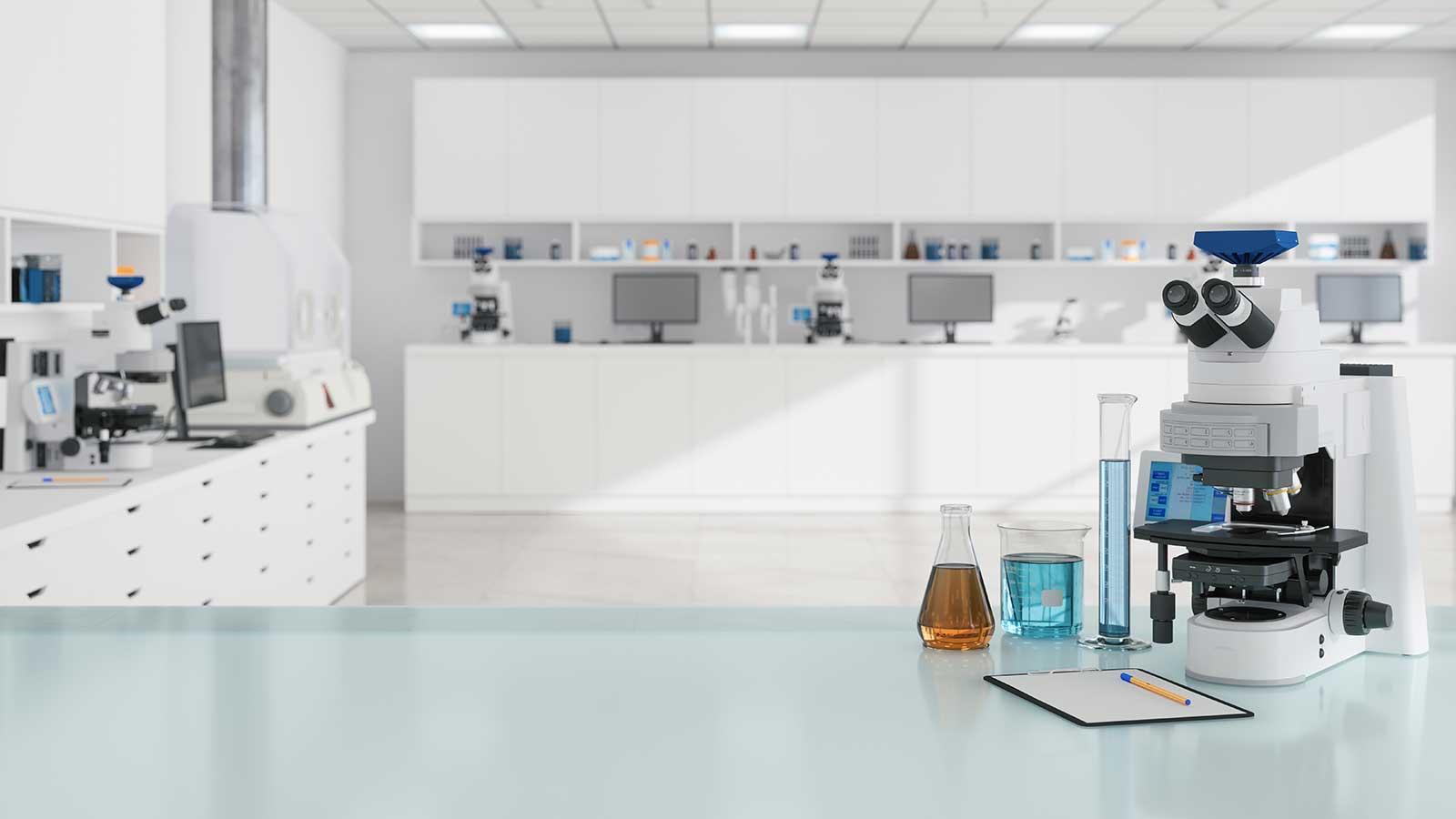
Bringing Biotech to Life
Biochemistry deals with the study of materials and substances that make up living organisms, genetic materials, proteins and small molecules. It uses chemistry techniques to understand how biological systems work at a molecular level; study genes and proteins and understand their role, function and interactions in the body; develop novel therapies to cure disease and identify novel biomarkers and design methods to diagnose diseases.
Advances in biochemistry have led to major developments in biotechnology, pharmaceuticals, disease diagnostics, genetic engineering and medicine.
Biosensors that can detect toxins in minutes. Medicine tailored to individual patients. Materials that capture carbon dioxide molecules before they get to the atmosphere. Biochemistry is behind all these breakthroughs. Make your own contribution to the field with a BS in Biochemistry from Clarkson.
Why Study Biochemistry at Clarkson?
Biochemistry majors look closely at the chemical processes behind all life. You'll use that knowledge to solve challenges affecting the planet.
It's a science with the promise to change lives. At Clarkson, you'll have numerous opportunities to learn and grow while completing lab-based research. Small classes mean you'll get to know your professors, and they'll steer you toward projects that match your interests.
Our biochemistry curriculum provides students with a strong background that spans chemistry, biomolecular science, chemical and structural biology, providing excellent preparation for careers in medicine, biotechnology and healthcare.
The program provides an essential foundation of science courses for the MCAT exam, in addition to critical thinking and problem-solving skills that are expected of future medical professionals and required for careers in biotech and health industries.
Areas of emphasis in the Department include:
- Bioanalytical chemistry
- Bioinstrumentation
- Biomaterials
- Bionanotechnology
- Biosensors
- Proteomics
Our flexible, personalized learning environment provides opportunities for individualized instruction both in and out of the classroom. In addition to our curriculum, we provide a broad range of professional development opportunities, undergraduate research, professional organizations, internships and co-ops. In turn, students develop a unique set of skills and knowledge leading to high placement rates and outstanding careers following graduation.
What You'll Learn
The Biochemistry curriculum requires 84 credit hours in biology, chemistry, mathematics, physics and professional experiences and electives.
Available classes include:
- Biochemistry
- Biochemistry and Biotechnology Laboratory
- Cellular and Molecular Biology
- Chemical Equilibrium and Dynamics
- Genetics
- Inheritance, Evolution and Diversity
- Organic Chemistry
- Physical Chemistry




